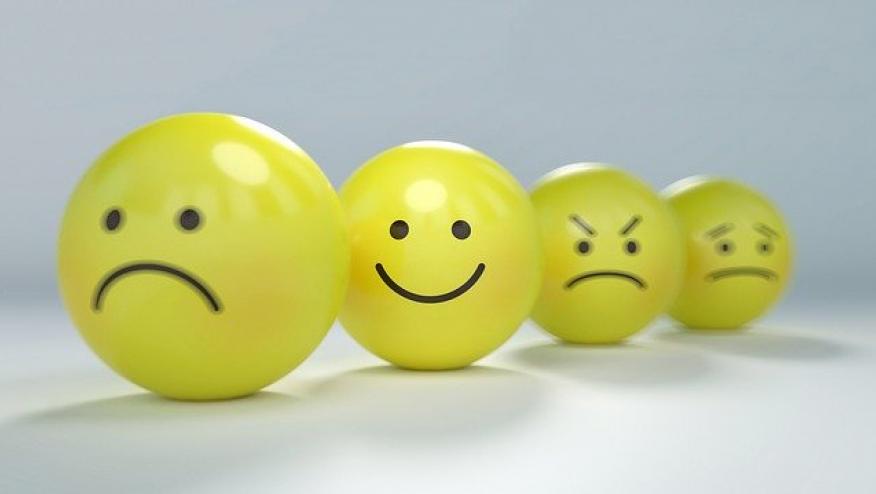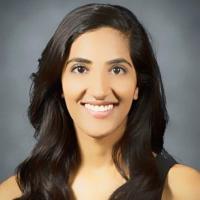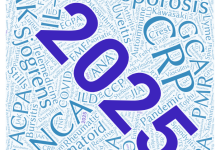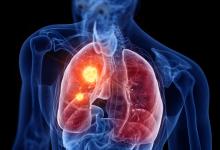Can the Happiest Subspecialists Experience Burnout? Save

The Medscape’s Physician Lifestyle & Happiness Report 2019 crowned rheumatologists as the happiest subspecialists. We topped the list with 65% of the respondents indicating that they were happy outside of work. I was not really surprised by reading that, and I would go as far as saying that our field is the best.
So, can the happiest doctors suffer from burnout? Dr. Paula Marchetta eloquently brought up the topic at the opening ceremony of the ACR/ARP annual meeting 2019. “We struggle to win the limited dollars available to fund innovative research which will advance our knowledge of the pathways to cure our diseases. We must fight so that our patients can receive the necessary treatments which will spare them from pain, loss of function and disability. We are shackled to our electronic medical record and forced to be more engaged with our computer screen than with our patients,” she said.
An abstract ( #1794) by Dr. Jenna McGoldrick, et al caught my attention at the annual meeting. The purpose of the abstract was to evaluate the levels of burnout amongst rheumatology fellows in the United States. The survey was conducted electronically from January to February of this year. A combination of open-ended questions, the Maslach Burnout Inventory (MBI) and Patient Health Questionnaire 2 (PHQ2) were tools used in the survey to evaluate for depression and burnout.
18.5% of the 567 fellows who received the survey completed it. They found that 28.2% of PGY-4s and 10.6% of PGY-5/6s were found to have at least one symptom of burnout. In fact, 12.8% of PGY-4 respondents met the criteria for depression. Factors identified to promote resilience and reduce burnout included exercise, family/friends, sleep, support at work, and hobbies. Factors that contributed to burnout included the pager, documentation, presentations/expectations, long hours, and demands of patient care.
Another abstract ( #1120) by Dr. Vivekanand Tiwari, et al reported a high prevalence of physician burnout in our field. Of the 128 respondents, 51% of them demonstrated burnout in at least one domain which is very close to the overall reported rate of 54.4% burnout among US physicians.
This brings me back to Dr. Marchetta’s speech in which she recognizes “the disappearance of the doctor’s lounge” as the underpinning of “professional loneliness, isolation, and disillusionment.” I agree with Dr. Marchetta that regaining a sense of a community in our professional lives, to recapture a feeling of belonging has never been greater than now.
Dr. Marchetta describes that the American College of Rheumatology’s inclusivity, and bringing together of the diverse aspects of our profession, into one, sets it apart. She acknowledges that the ACR builds for us a level of support, collegiality in a way that lifts us all and helps to restore us.
Personally, for me, coming to the American College of Rheumatology Annual Meeting is always invigorating. Even though I’m always running around to maximize my experience and to absorb as much as possible, this excitement certainly helps me to regain my sense of purpose and motivation towards our field. I look forward to being under one roof with my rheumatology family which includes both reunions and first time meetings with colleagues, mentees, friends, role models, and mentors. As I write this article on my way home from the annual meeting, I am rekindled with a new spark and inspiration thanks to each and every one of you for contributing to making our field the best in the world.










If you are a health practitioner, you may Login/Register to comment.
Due to the nature of these comment forums, only health practitioners are allowed to comment at this time.